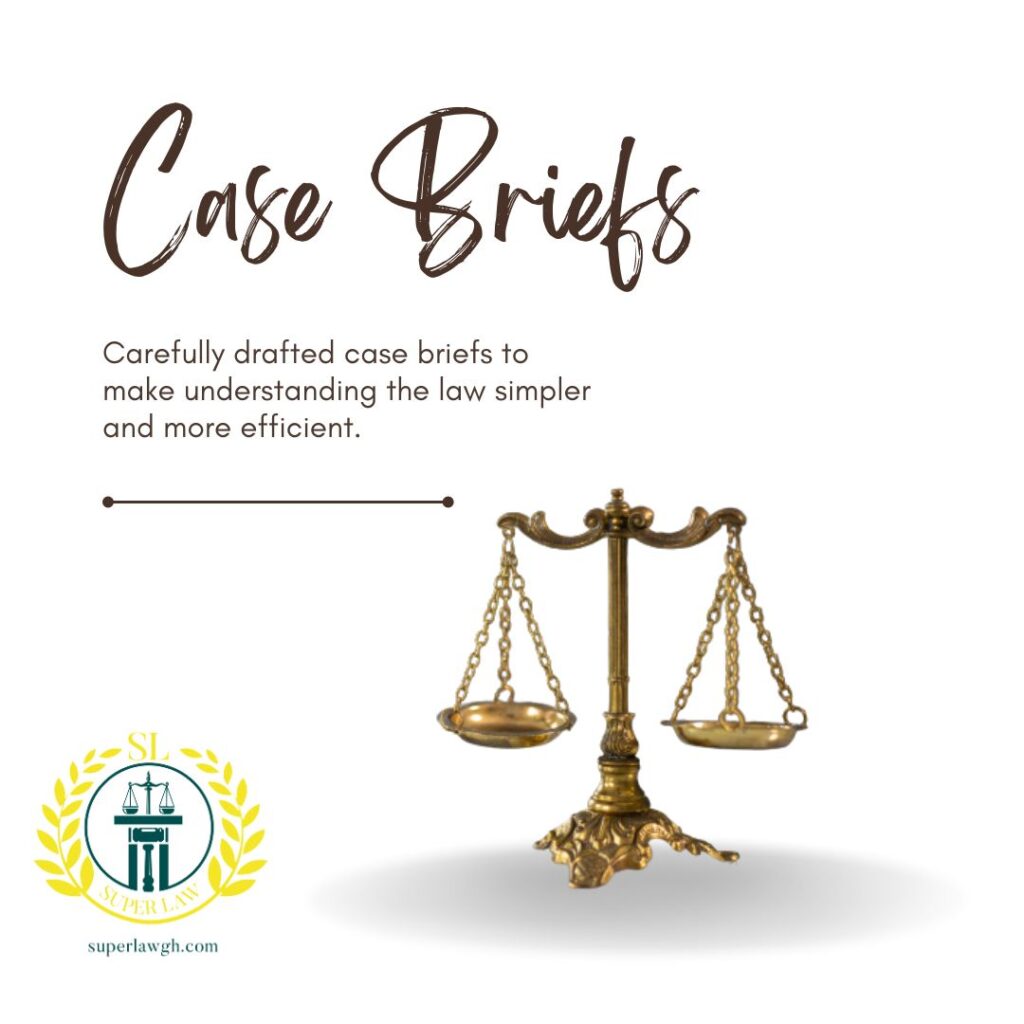Warlow v Harrison (1859) 1 E & E 309, 120 ER 925 (Exchequer Chamber)
The defendant, Harrison, an auctioneer, advertised the sale without reserve of a horse by public auction. The plaintiff attended the sale and bid 60 guineas. The horse’s owner bid 61 guineas.
The plaintiff refused to make any further bid and the defendant auctioneer (who, it appears, did not know that the bidder was the owner) knocked down the horse to the owner for 61 guineas.
The plaintiff claimed that the horse was his since he was the highest bona fide (genuine) purchaser at an unreserved sale. In his pleadings, the plaintiff alleged that the defendant was the plaintiff’s agent to complete this contract.
Held: On the pleadings, the plaintiff had no claim, since there was no agency relationship
between the plaintiff and the defendant. The pleadings required amendment.
Effectively, the offer of 60 guineas could not have created a contract, because it was not accepted. But there was a breach of contract on the part of the auctioneer to conduct the sale without reserve – i.e. without the owner or his agents participating.
MARTIN B [obiter]: The sale was announced. . .to be ‘without reserve.’ This, according to all the cases both at law and equity, means that neither the vendor nor any person in his behalf shall bid at the auction, and that the property shall be sold to the highest bidder, whether the sum bid be equivalent to the real value or not.
We cannot distinguish the case of an auctioneer putting up property for sale upon such a condition from the case of the loser of property offering a reward. . .Upon the same principle, it seems to us that the highest bona fide bidder at an auction may sue the auctioneer as upon a contract that the sale shall be without reserve.
We think the auctioneer who puts the property up for sale upon
such a condition pledges himself that the sale shall be without reserve; or, in other words, contracts that it shall be so; and that this contract is made with the highest bona fide bidder; and, in case of a breach of
it, that he has a right of action against the auctioneer.

